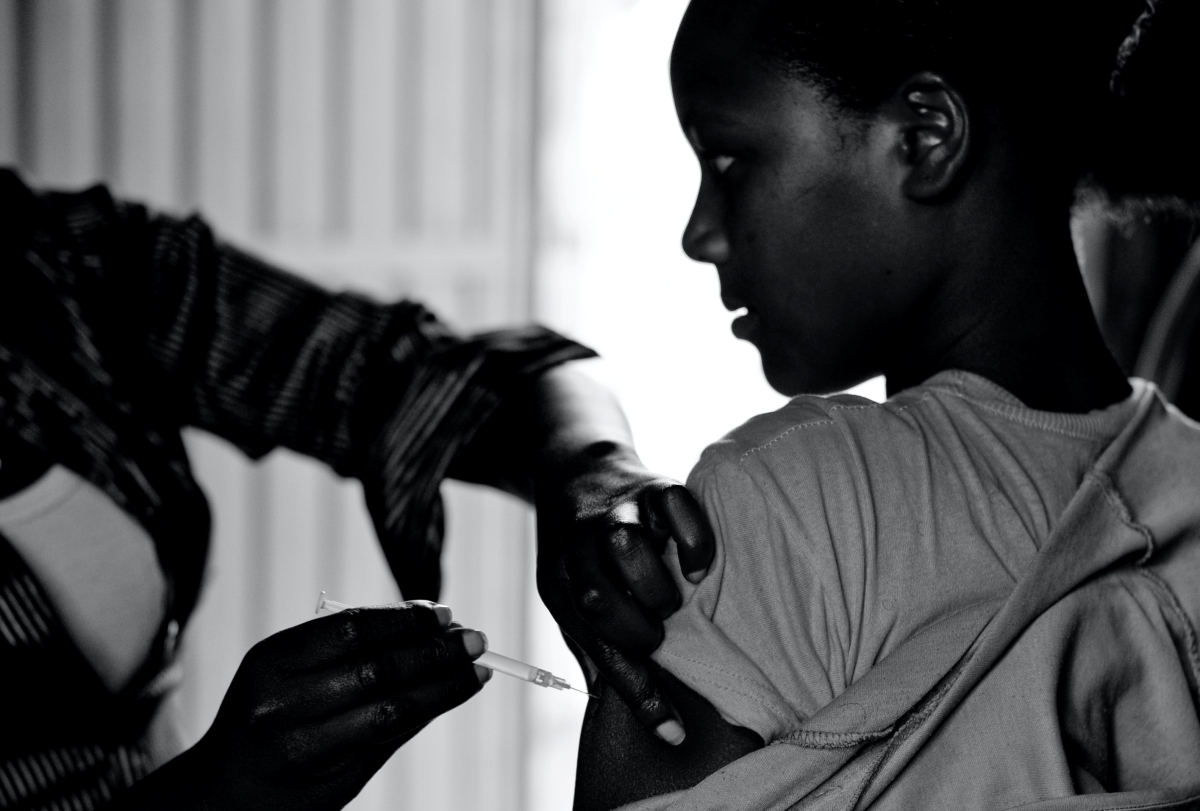
Africa, like the rest of the world, is desperate to contain the virus and flatten the curve. There is a growing gap in vaccination between the rich and poor nations. A critical portion of Africa’s population may remain unvaccinated. Affluent nations must pay heed to the call for international and continental cooperation.
COVID-19 arrived late in Africa (the first case was reported as late as 14 February 2020) and the initial infection rates were comparatively lower than the rest of the world. So far, about 3 million cases have been reported in Africa, a relatively much smaller number than what was widely predicted. Perhaps, Africa may have been spared the worst of the pandemic.
The low numbers are possibly due to a variety of factors such as age demographics, swift lockdown measures and favourable climatic conditions. Or is it due to underreporting? Or maybe, both.
However, in recent weeks, many African nations have recorded a significant rise in COVID-19 infections. Africa, like the rest of the world, is desperate to contain the virus and flatten the curve.
Social distancing, mask-wearing, and hand washing may help a bit. COVID-19 vaccines and effective vaccination programmes are critical to fight the pandemic. However, the COVID-19 vaccines are not available to inoculate the entire population as yet.
Only a handful of countries in Africa have started the vaccination campaign. Some countries have not begun vaccinations at all. Mostly, vaccines are earmarked for frontline health workers.
The cost of vaccines and effective delivery programs may cost African Nations anywhere between $7 billion and $10 billion. It is most likely that a critical portion of Africa’s population may remain unvaccinated. Above and beyond that, many African countries with a burden of debt payment may simply find it impossible to roll out the vaccination.
Global co-operation may be more difficult than it now looks. Many high-income countries are solely focused on vaccinating their own populations. Furthermore, there is a growing gap in vaccination and economic recovery between the rich and poor nations.
There is a scramble for vaccinations and Africa stares into a crisis. Access to vaccines will be a challenge if getting vaccine doses becomes a competition. High-income nations have already bought as much as 60% of the available vaccine doses.
Without worldwide vaccination, the virus will continue to spread, which eventually would prove disastrous. There is a larger risk of new variants arising where the virus is rampant. A single new variant can be catastrophic, and the price of failure will be too high.
This conundrum calls for inventiveness. We need global and continental cooperation to fight this pandemic. We must ensure a more equitable vaccine distribution. We are not safe till all of us are safe.
The World Health Organisation has urged for equitable COVID-19 vaccine access among countries. COVAX – a global coalition – is already calling on high-income countries having surplus stockpiles to release them. Thankfully, around 167 countries have signed up with the Vaccine Alliance (GAVI).
The big picture needs a hard look. It is easy to do what is convenient and forget social consciousness. We must fight against the COVID-19 virus, and not each other. Fair access will benefit all of us.
We hope that the affluent nations must pay heed to the call for international and continental cooperation. We need a new culture of compassion. Challenges confront us but, nevertheless, solutions can unite us.
BT Team
Photo by Lucio Patone on Unsplash
For More Articles on Corona Virus:
COVID-19: India is the second-most affected country in the world